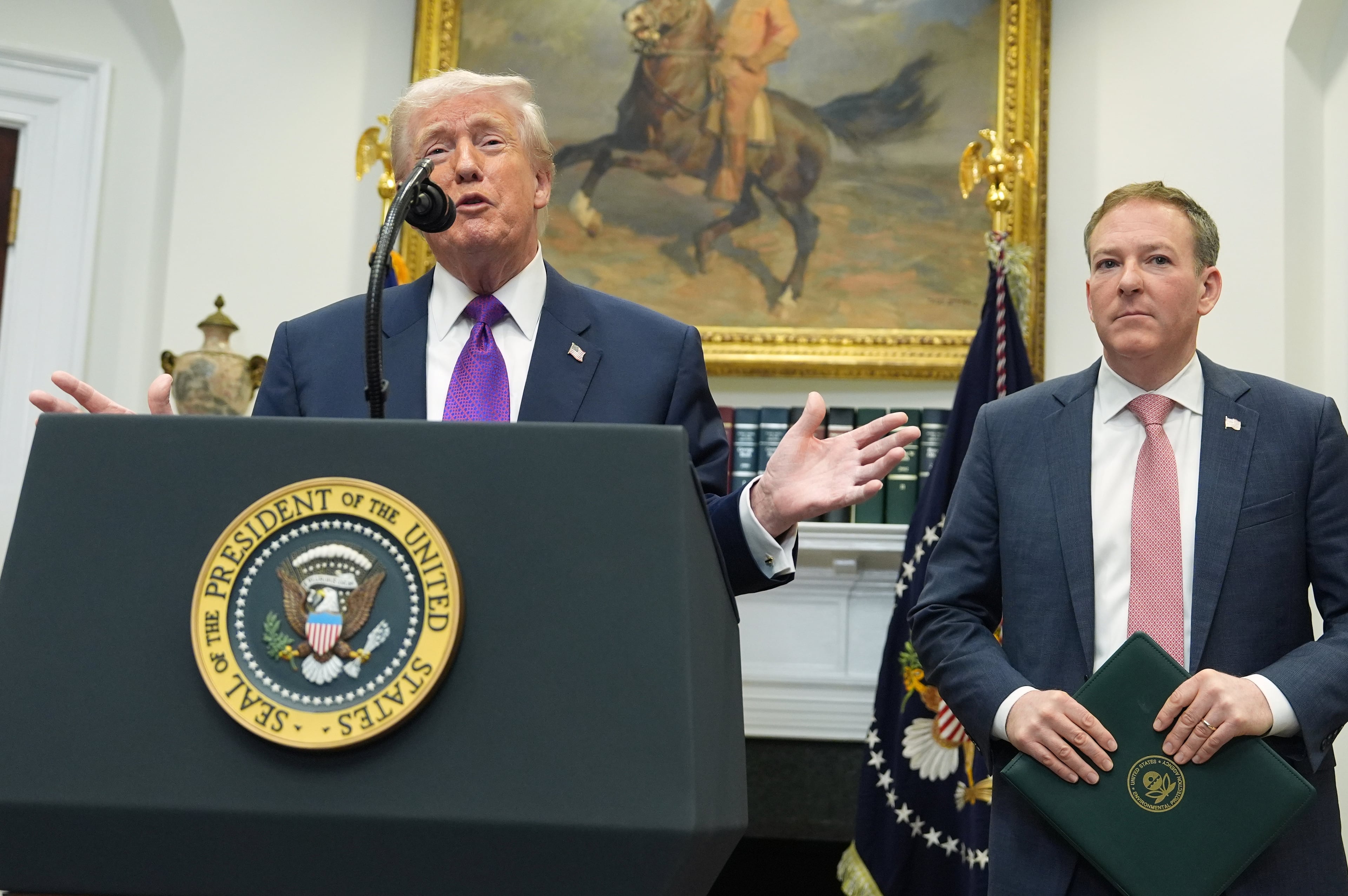Georgia Tech launches new diplomat-in-residence program

Georgia Tech students will soon have access to a new trio of professors through a recently launched diplomat-in-residence program at the Sam Nunn School of International Affairs.
The program aims to connect the school with the broader international relations community in Atlanta and to bring government officials from Washington to Atlanta, giving students examples of international relations in the real world, said Adam Stulberg, the Chair of the Sam Nunn School.
“This program is going to be really critical to addressing the ‘how’ questions of international relations — the processes, the problem solving, the practical dimensions,” Stulberg told The Atlanta Journal-Constitution.
The three diplomats joining the faculty are Louise Blais, Lawrence Silverman and Robert Bell. Blais previously served as Canada’s deputy permanent representative to the United Nations in New York and as a former Consul General for Canada in Atlanta. Silverman is the former U.S. Ambassador to Kuwait and Bell was a defense advisor to the U.S. ambassador to NATO.
They joined the school this fall and have been brainstorming the upcoming curriculum. They will be in the classroom in the spring, teaching case studies and shorter courses on topics like soft diplomacy, Stulberg said. They will also help the students find mentors and internships. They will be part of the school through 2026.
The program is funded by a three-year, $450,000 grant from the Arthur M. Blank Family Foundation.
The school began the program on Wednesday with a symposium on commercial diplomacy, which Stulberg called the “nuts and bolts” of international affairs.
“People are involved in international affairs, even if they’re only doing business here, because their supply chains are coming from abroad,” Stulberg said. “They need to be able to understand that, navigate that space.”
In Georgia, thousands of jobs are supported by international trade. In 2021, about 155,000 jobs existed because of Georgia’s merchandise exports, according to the Commerce Department’s International Trade Administration.
Georgia currently has representation in a dozen global markets, including Europe, Japan, Korea, Canada and Mexico, according to the Georgia Department of Economic Development.
“I think the one word to describe economic development is relationships,” said Nico Wijnberg, director of international relations for the state’s economic development department.
And at Wednesday’s launch event, business executives, like Clyde Tuggle, a retired Coca-Cola executive who described himself as essentially the former secretary of state for the company, echoed that sentiment.
“Really what I did my entire 30 years at Coke, even when I was on the operating side, is largely about relationships and stakeholders,” Tuggle said during a panel discussion. “It’s largely about listening and being perceptive to what the needs are of the communities in which you’re operating.”
And at its core, the promise of the new program is that the relationships Blais, Silverman and Bell have built over decades of experience can bolster the experiences and networks for current students.
“That’s what international relations is comprised of — of the relationships, the networks, that are forged from the bottom up,” said Stulberg.
The Atlanta Journal-Constitution and Report for America are partnering to add more journalists to cover topics important to our community. Please help us fund this important work at ajc.com/give



